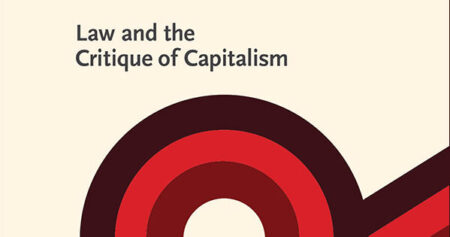
Procedure, Inequality, and Access
Civil procedure is political economy all the way down. Helen Hershkoff, Luke Norris, and Judith Resnik kick off a symposium on the subject by describing the promise of procedure to further equal treatment and accountable decision-making, as well as how such aspirations are undercut by resource disparities and efforts to replace the use of courts with private arbitration.




